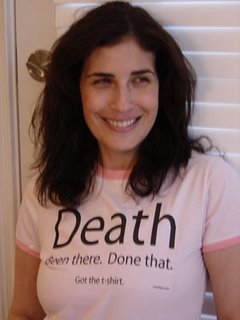"Conservative principles are completely congruent with the value of social justice.."
I am reading an article I wanted to share with readers entitled Social justice: a conservative perspective by Bruce A. Thyera. It sheds light on what social justice looks like for a conservative in social work and the abstract is as follows:
Kudos to Professor Thyera for writing on this topic. Social justice in academic programs is currently a buzz word for Democratic partisans to discriminate against conservatives and those who do not share their liberal agenda. There should be a diversity of political thought in academia--to reject those who hold conservative or libertarian political views is as damaging as rejecting those due to race or gender.
Although political conservatives outnumber moderates and liberals in the American populace, the conservative political ideology is largely absent from academic, practice and policy discourse within the social work and social welfare communities. This article describes a conservative perspective on the topic of social justice and illustrates how this view actually promotes a more socially just practice than a liberal orientation to practice and policy. Specific attention is given to the conservative perspective on the provision of social welfare programs, the use of the income tax as a means to redistribute wealth, on affirmative action, on the death penalty, and on abortion rights.
Kudos to Professor Thyera for writing on this topic. Social justice in academic programs is currently a buzz word for Democratic partisans to discriminate against conservatives and those who do not share their liberal agenda. There should be a diversity of political thought in academia--to reject those who hold conservative or libertarian political views is as damaging as rejecting those due to race or gender.
Labels: social justice



